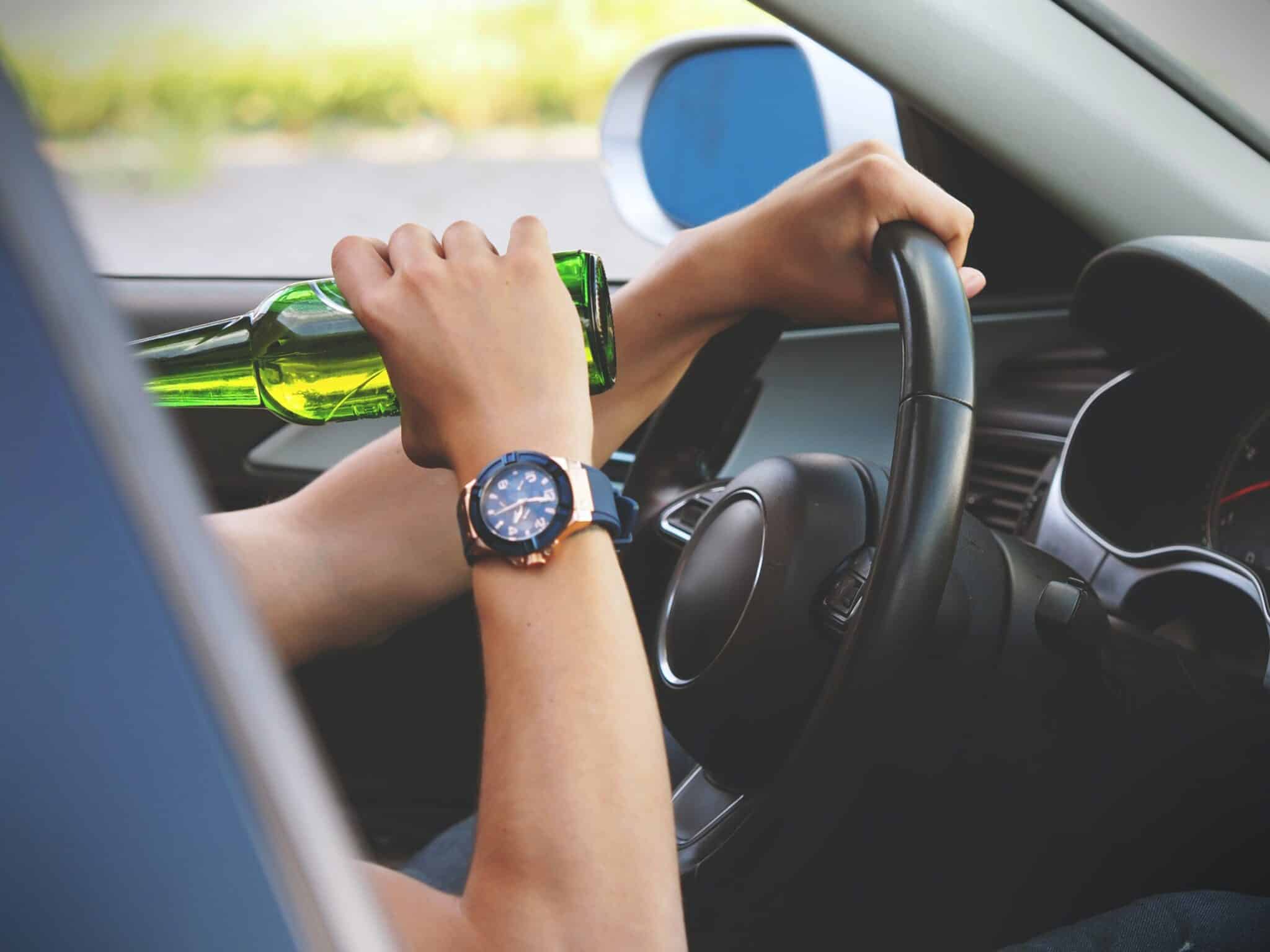’TIS the season for holiday parties, and many are expected to eat, drink, and be merry. But revelers who get their drink on should be wary about getting behind the wheel.
No matter the season, the Philippines has a law against driving while drunk or under the influence of dangerous drugs that imposes hefty fines of up to P500,000 and prison terms of up to 20 years on violators.
From January to August of this year, 353 out of 402 road crash incidents involved drivers found positive for alcohol intoxication, according to the Land Transportation Office.
Republic Act 10586, or the Anti-Drunk and Drugged Driving Act of 2013, makes it unlawful to drive a motor vehicle while under the influence of alcohol, dangerous drugs and/or other similar substances.
Fines, imprisonment
Penalties for violators depend on the damage caused by the intoxicated driving.
If the violation did not result in physical injuries or homicide, the penalty for the driver is three months imprisonment, and a fine ranging from P20,000 to P80,000.
If there are physical injuries, the penalty could be up to 12 years’ imprisonment and a fine ranging from P100,000 to P200,000.
If somebody is killed due to intoxicated driving, the penalty is up to 20 years in prison and a fine ranging from P300,000 to P500,000.
Goodbye, license
The law also states that the non-professional driver’s license of any person found to have been driving drunk or intoxicated will be confiscated and suspended for 12 months for the first conviction.
It will be perpetually revoked for the second conviction.
If the person has a professional driver’s license, this will be confiscated and perpetually revoked for the first conviction.
Perpetual revocation means the person will be disqualified from ever being granted any kind of driver’s license.
Drivers of a private motor vehicle with a gross vehicle weight not exceeding 4,500 kilograms will be considered driving under the influence of alcohol if their blood alcohol concentration level is 0.05 percent or higher.
For drivers of trucks, buses, motorcycles, and public utility vehicles, a BAC of more than 0.0 percent will already be conclusive proof that they are driving under the influence of alcohol.
Sobriety tests, drug tests
The law also mandates law enforcement officers to conduct field sobriety tests if they have probable cause to believe that a person is driving under the influence of alcohol, dangerous drugs and/or other similar substances.
Indications include overspeeding, weaving, lane straddling, sudden stops, swerving, poor coordination or the evident smell of alcohol in a person’s breath or signs of use of dangerous drugs and other similar substances.
If a driver fail the sobriety test, the law enforcer should determine the the driver’s blood alcohol concentration level through a breath analyzer.
If the law enforcer has probable cause to believe that the driver is under the influence of dangerous drugs or illegal substances, the law enforcer should bring the driver to the nearest police station for a drug screening or drug confirmatory test.
The law also says the driver of a vehicle involved in an accident that caused injuries or death should be subjected to chemical tests, including a drug test.
Drivers who refuse to undergo the mandatory field sobriety and drug tests will have their licenses confiscated and automatically revoked, in addition to other penalties provided for in the law.
The owners or operators of public utility and commercial vehicles would also be held liable together with the offending driver for the fine and the civil damages, unless they could prove that they exercised extraordinary diligence in the selection and supervision of their drivers.
The law has a lot of provisions to make sure that authorities could catch those who are driving under the influence.
But it’s easy to avoid punishment. Be responsible. Don’t drive when you’re drunk or intoxicated.








